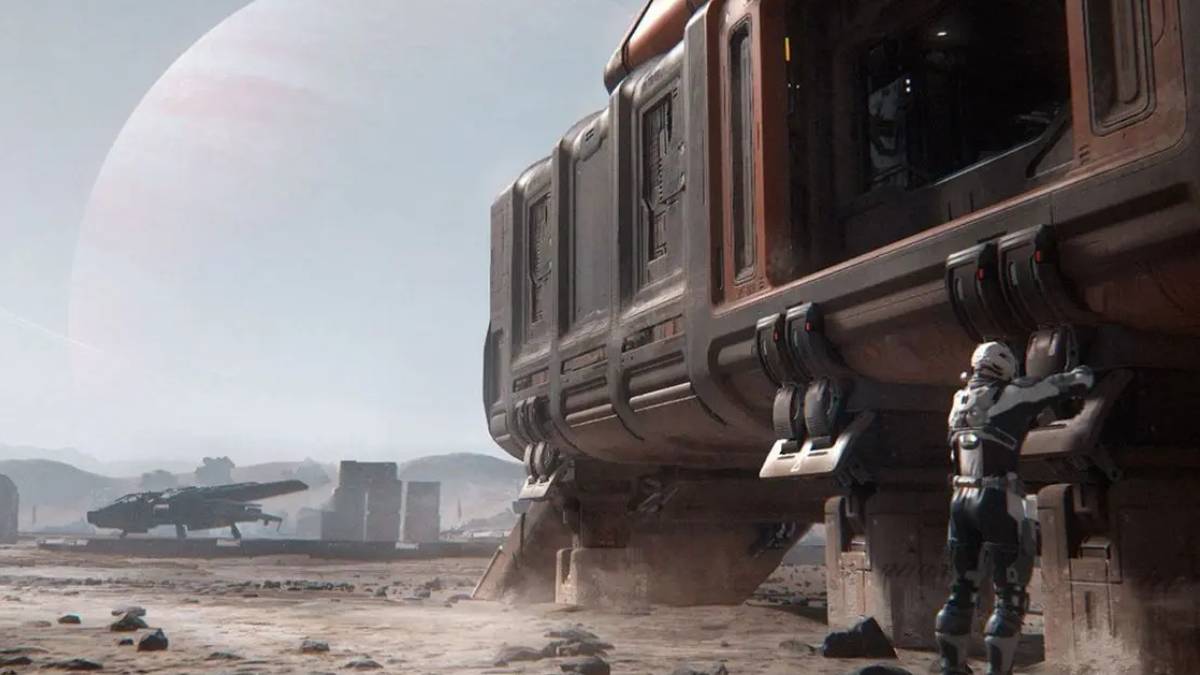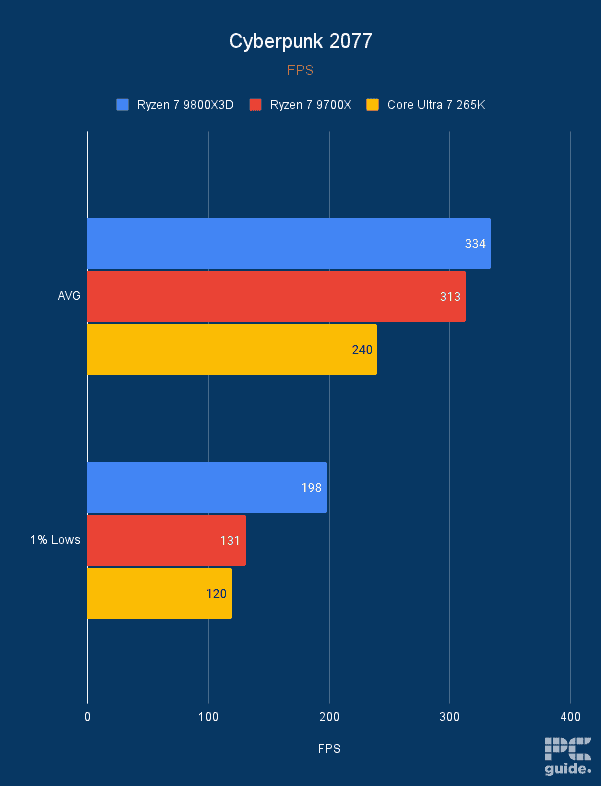Star Citizen still doesn’t run great, even when you throw an RTX 4090 and Ryzen 7 9800X3D at it

Table of Contents
Right now, the RTX 4090 is the best graphics card on the market, as far as pure horsepower goes. And on the other side of the coin, we have the Ryzen 7 9800X3D, the current best CPU for gaming. Put these two components together and you might expect to see smooth sailing in any game you throw at it, even at 4K. Well, that isn’t exactly the case with Star Citizen, especially in certain areas of the game.
With many years of development and no release date in sight, Star Citizen is the second most expensive video game to develop, behind Genshin Impact if you’re curious. Optimization hasn’t really come into play yet, and that is evident with relatively low framerates no matter what gaming rig you throw at it. Recent benchmarks with the RTX 4090 and 9800X3D on the Vulkan API demonstrate that quite nicely.
Star Citizen tested in 4K, 1440p, 1080p, and 720p
PC gaming and tech YouTuber Compusemble recently uploaded a video to demonstrate some benchmarks for Star Citizen 3.24 using the Vulkan graphics API. Testing at four different resolutions in the city of Orison, it seems like neither of the components were able to stretch their legs and achieve high frame rates.
Performance varies greatly in Star Citizen, so you’ll enjoy substantially higher framerates while out in deep space. They at least average 60 FPS and above in Orison, but don’t expect to maintain a triple-digit framerate any time soon in some areas of Star Citizen.
Here’s the hardware used to test Star Citizen
- GPU: MSI GeForce RTX 4090 SUPRIM X
- CPU: Ryzen 7 9800X3D
- RAM: 64 GB (2×32) G.SKILL Flare X5 DDR5 @ 6200MHz CL30
- Motherboard: ASUS ROG STRIX B650E-F GAMING WiFi
- Storage: Crucial T700 SSD Gen5
- PSU: Seasonic Focus GX-1000
- CPU cooler: ARCTIC Liquid Freezer III 360
- Case: Phanteks Eclipse P500A DRGB
- Operating System: Windows 11
All tests were run at native resolution (no upscaling); the game quality was set to Very High, with “everything else” at High.
| Resolution (native) | FPS (average) | FPS (1% lows) |
|---|---|---|
| 4K (3840 x 2160) | 61 | 24 |
| 1440p (2560 x 1440) | 68 | 43 |
| 1080p (1920 x 1080) | 71 | 42 |
| 720p (1280 x 720) | 78 | 50 |
You may think Vulkan is the culprit, as this graphics API is relatively recent – and Star Citizen has been in development long enough to predate it (by several years in fact). However, Compusemble reports that “DX11 is worse” with the “same average framerate” but a whole lot more stuttering. They report that 4K with the same settings saw 1% lows of 13 FPS when using DirectX 11.
What these components should be capable of
We’ve reviewed the RTX 4090 and Ryzen 7 9800X3D, both of which deliver top-notch performance across the board. For example, the 4090 delivered an average of 74 FPS in Cyberpunk 2077 with ultra settings, this is boosted way up to 135 and 168 for 1440p and 1080p respectively. DLSS 3 also makes ray tracing easily achievable with a smooth framerate.
As for the 9800X3D in Cyberpunk 2077, paired with an RTX 4070 Ti, it helped deliver an average of 334 FPS at low settings 1080p with incredibly stable (high) 1% lows compared to the competition.
Obviously, Star Citizen has a lot of development time left to go, with plenty of optimization still to do – certainly so with the more populated areas of the game. Right now though, it’s discouraging to see that even the best gaming hardware on the market isn’t enough to average in the triple digits, at least at higher settings like the ones used in this benchmark.


